To provide the best experiences, we use technologies like cookies to store and/or access device information. Consenting to these technologies will allow us to process data such as browsing behaviour or unique IDs on this site. Not consenting or withdrawing consent, may adversely affect certain features and functions.
The technical storage or access is strictly necessary for the legitimate purpose of enabling the use of a specific service explicitly requested by the subscriber or user, or for the sole purpose of carrying out the transmission of a communication over an electronic communications network.
The technical storage or access is necessary for the legitimate purpose of storing preferences that are not requested by the subscriber or user.
The technical storage or access that is used exclusively for statistical purposes.
The technical storage or access that is used exclusively for anonymous statistical purposes. Without a subpoena, voluntary compliance on the part of your Internet Service Provider, or additional records from a third party, information stored or retrieved for this purpose alone cannot usually be used to identify you.
The technical storage or access is required to create user profiles to send advertising, or to track the user on a website or across several websites for similar marketing purposes.
 After a multi-year global consultation, the World Green Building Council (WorldGBC) launches the Health & Wellbeing Framework — a comprehensive educational tool for a healthy and equitable built environment. With the COVID-19 pandemic bringing the link between the built environment and human health into focus, the Framework’s six principles span indoor air quality, human rights in the supply chain, climate change resilience and more. (more…)
After a multi-year global consultation, the World Green Building Council (WorldGBC) launches the Health & Wellbeing Framework — a comprehensive educational tool for a healthy and equitable built environment. With the COVID-19 pandemic bringing the link between the built environment and human health into focus, the Framework’s six principles span indoor air quality, human rights in the supply chain, climate change resilience and more. (more…)







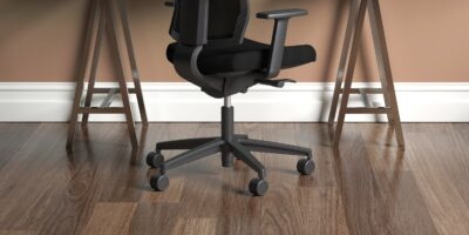
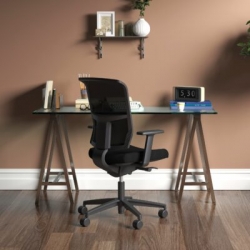
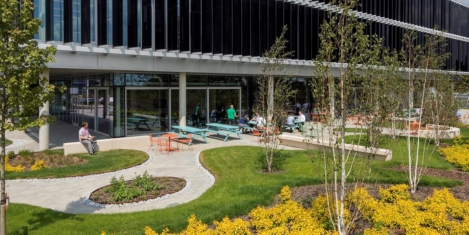
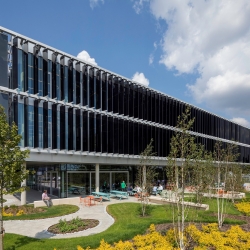
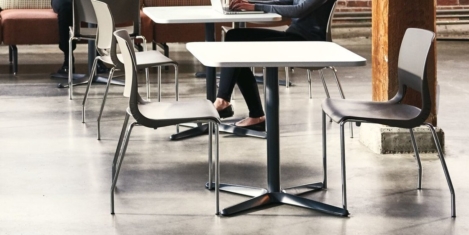
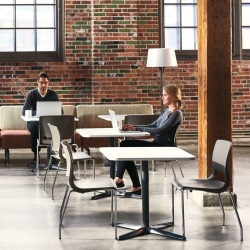


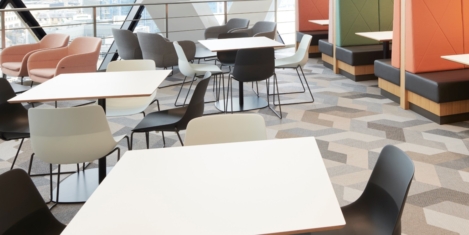
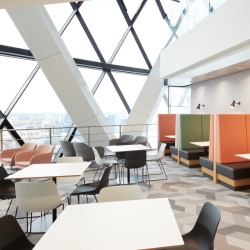
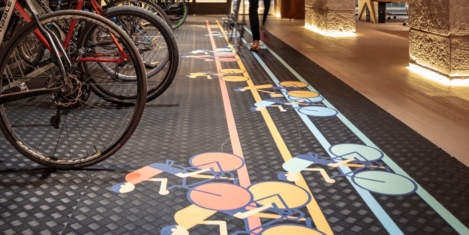
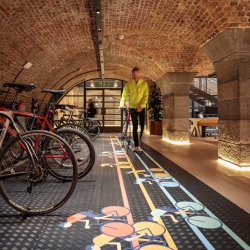
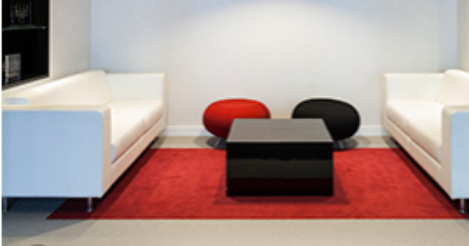
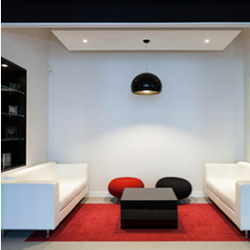 A new report, released by workplace design consultancy,
A new report, released by workplace design consultancy, 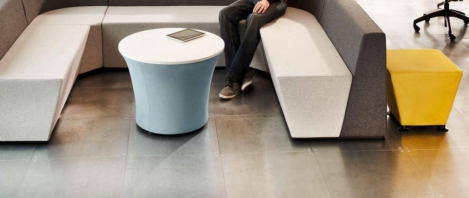
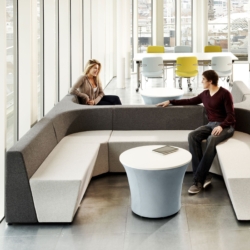
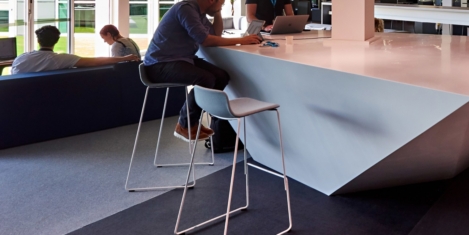
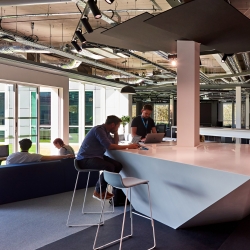











October 28, 2020
It`s not just businesses that need to wake up to changes in the way we work. Governments do too
by Jeremy Stein • Comment, Workplace design